BOONE, N.C. — Using the Boone Creek watershed that runs through Appalachian State University’s campus as a laboratory, an interdisciplinary research team at Appalachian has been studying impacts from stormwater runoff and how to manage that runoff.
“What our research shows is that stormwater runoff causes high temperatures and high salt levels in Boone Creek,” said Dr. William “Bill” Anderson, professor in and chair of Appalachian’s Department of the Geological and Environmental Sciences.
In an article recently published in the Journal of Hydrology, a team of seven faculty researchers and two Appalachian students presented results from a model assessing how effective various stormwater management measures may be for reducing high temperatures and salt levels in the Boone Creek watershed.
The paper reports on multiple ways to reduce the volume and rate at which stormwater runoff enters a stream. These include installing permeable pavement in parking lots and sidewalks (permeable pavement lets water soak in rather than immediately running off) and/or installing rain gardens, cisterns and other water collection systems that hold water and then release it slowly.
“We found that implementing various management technologies was an effective way to reduce the negative effects from runoff and that permeable pavement for large areas like parking lots was the most effective measure,” Anderson said.
This new work builds on previous studies showing that reducing runoff can improve water quality.
“In 2017, colleagues and I published our work on Boone Creek showing that reducing the amount of water that runs off immediately during a storm can greatly reduce both temperature and salt spikes,” Anderson said. “In fact, we found that reducing this ‘quickflow’ is as effective as reducing the amount of salt used on streets and sidewalks.”
The amount of water that flows into streams and rivers soon after a rainfall can be called stormflow, quickflow or direct runoff. This flow of water occurs relatively quickly and causes water levels to rise, peak and then recede as the stormwater drains from the watershed following a storm.
In addition to assessing how to reduce runoff, the team has conducted surveys throughout the Appalachian region to learn more about public perceptions of stormwater. Funding for this survey work was provided by the Research Institute for Environment, Energy and Economics (RIEEE) at Appalachian.
“We found that people are somewhat concerned about runoff, generally, as a water quality issue,” said research team member Dr. Tanga Mohr, professor in Appalachian’s Department of Economics. “Those people who were concerned, did report a willingness to install stormwater management technologies on their property,” she added.
However, the survey results also showed that respondents do not perceive high temperatures to be a water quality concern and that those who participated in the survey are only moderately concerned about salt levels. Additionally, the survey’s respondents indicated they are not well aware that stormwater is typically untreated and usually runs off into the nearest waterway.
In the latest survey, the research team asked respondents if they would vote for a referendum to charge a one-time tax ranging from $28–$329 to manage stormwater and lower salt levels in local waterways. Preliminary results reveal that a majority would vote in favor of such a tax, even at the higher levels of $226–$329.
Additionally, the survey results revealed the respondents’ willingness to pay such a tax is influenced by the amount of the tax coupled with how effective the management measures would be. For example, 82% of respondents reported they would pay $28 to reduce salt levels by 10%, and 71% of respondents indicated they would pay $122 to lower salt levels by 50%.
“As we’ve worked together on this project over the past several years, it has become apparent that managing stormwater is crucial if we want to protect water quality in Boone,” said research team member Dr. Kristan Cockerill, associate professor of interdisciplinary studies in Appalachian’s Department of Cultural, Gender and Global Studies.
“We do need to stress that hot water and salt from runoff are serious water quality concerns, but that there are ways we can all help to reduce those negative effects from runoff,” she added.
What do you think?
Share your feedback on this story.
About the Department of Geological and Environmental Sciences
Located in Western North Carolina, Appalachian State University provides the perfect setting to study geological and environmental sciences. The Department of Geological and Environmental Sciences provides students with a solid foundation on which to prepare for graduate school or build successful careers as scientists, consultants and secondary education teachers. The department offers six degree options in geology and two degree options in environmental science. Learn more at https://earth.appstate.edu.
About the College of Arts and Sciences
The College of Arts and Sciences (CAS) at Appalachian State University is home to 17 academic departments, two centers and one residential college. These units span the humanities and the social, mathematical and natural sciences. CAS aims to develop a distinctive identity built upon our university's strengths, traditions and locations. The college’s values lie not only in service to the university and local community, but through inspiring, training, educating and sustaining the development of its students as global citizens. More than 6,800 student majors are enrolled in the college. As the college is also largely responsible for implementing App State’s general education curriculum, it is heavily involved in the education of all students at the university, including those pursuing majors in other colleges. Learn more at https://cas.appstate.edu.
About the Department of Economics
The Department of Economics offers diverse courses that cover standard fields such as microeconomic and macroeconomic theory, labor, public finance, regional and development economics. The department is particularly strong in the areas of environmental and experimental economics. It offers the Bachelor of Science in business administration (B.S.B.A.) and the Bachelor of Arts (B.A.). Learn more at https://economics.appstate.edu.
About the Walker College of Business
The Walker College of Business at Appalachian State University delivers transformational educational experiences that prepare and inspire students to be ethical, innovative and engaged business leaders who positively impact their communities, both locally and globally. The college places emphasis on international experiences, sustainable business practices, entrepreneurial programs and real-world applications with industry. Enrolling nearly 5,000 students, including more than 4,500 undergraduates across 11 majors, the Walker College of Business has the highest full-time undergraduate enrollment in the University of North Carolina System. App State’s Walker College is accredited by AACSB International — the premier global accrediting body for business schools. Learn more at https://business.appstate.edu.
About the Research Institute for Environment, Energy and Economics
Since 2008, Appalachian State University’s Research Institute for Environment, Energy and Economics (RIEEE) has fostered interdisciplinary research on the environment, energy and economics, especially the areas in which these subjects intersect. The institute serves as an umbrella organization for three research centers: the Appalachian Energy Center, Center for Economic Research and Policy Analysis, and Southern Appalachian Environmental Research and Education Center. Additionally, the institute manages and supports App State’s student-led solar vehicle team, Team Sunergy — an exemplary model of the integrative and experiential student learning, leadership and innovation opportunities the institute seeks to foster at App State. Learn more at https://rieee.appstate.edu.
About Appalachian State University
As a premier public institution, Appalachian State University prepares students to lead purposeful lives. App State is one of 17 campuses in the University of North Carolina System, with a national reputation for innovative teaching and opening access to a high-quality, cost-effective education. The university enrolls more than 21,000 students, has a low student-to-faculty ratio and offers more than 150 undergraduate and 80 graduate majors at its Boone and Hickory campuses and through App State Online. Learn more at https://www.appstate.edu.
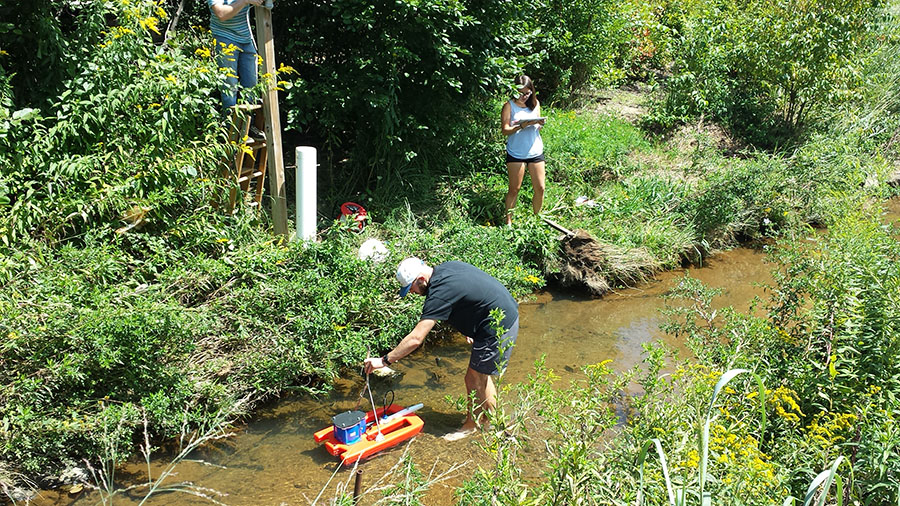
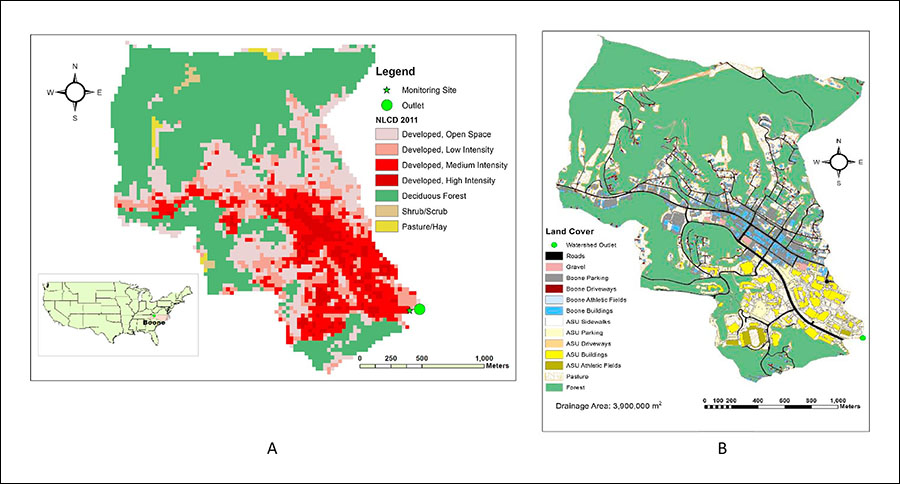
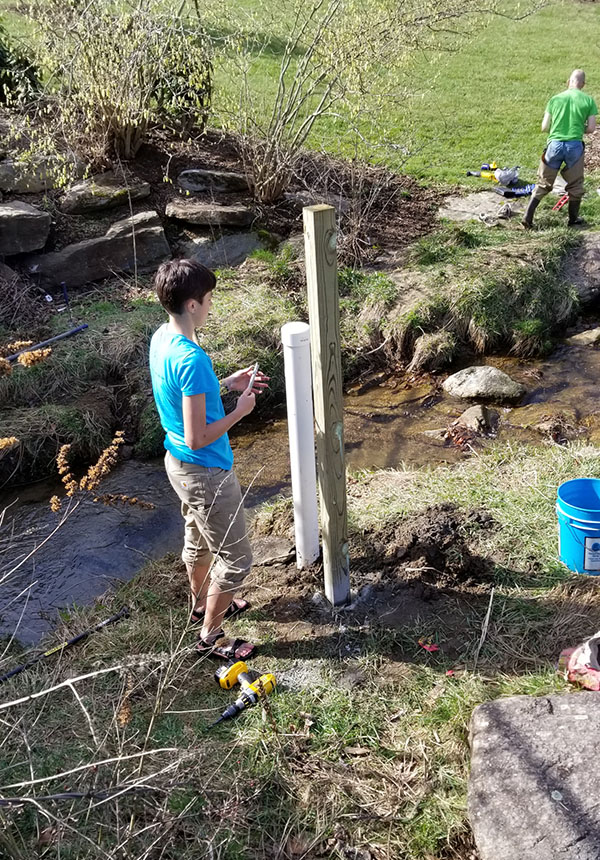
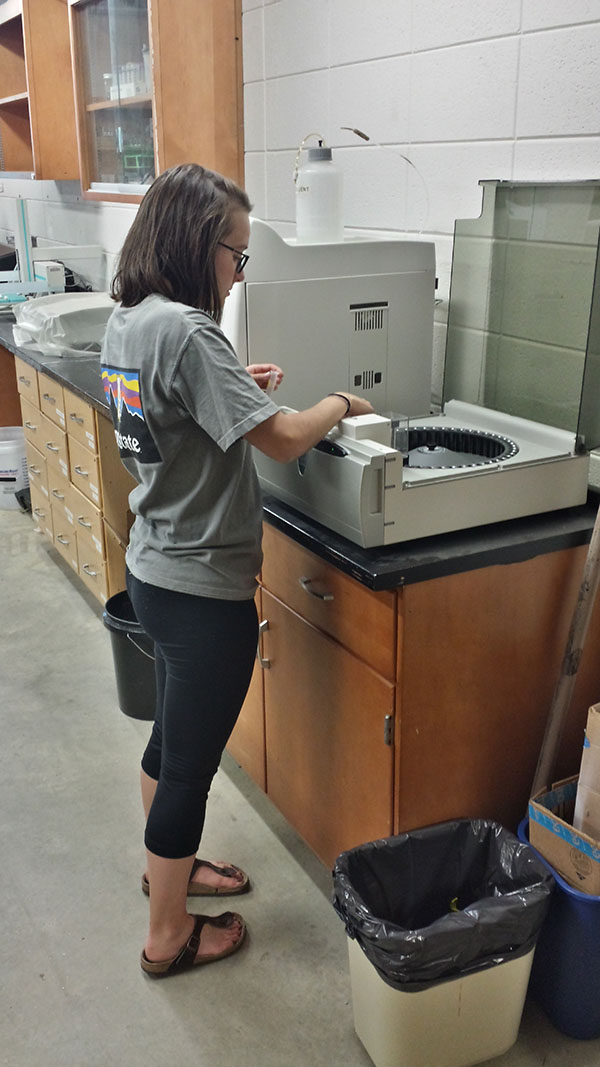
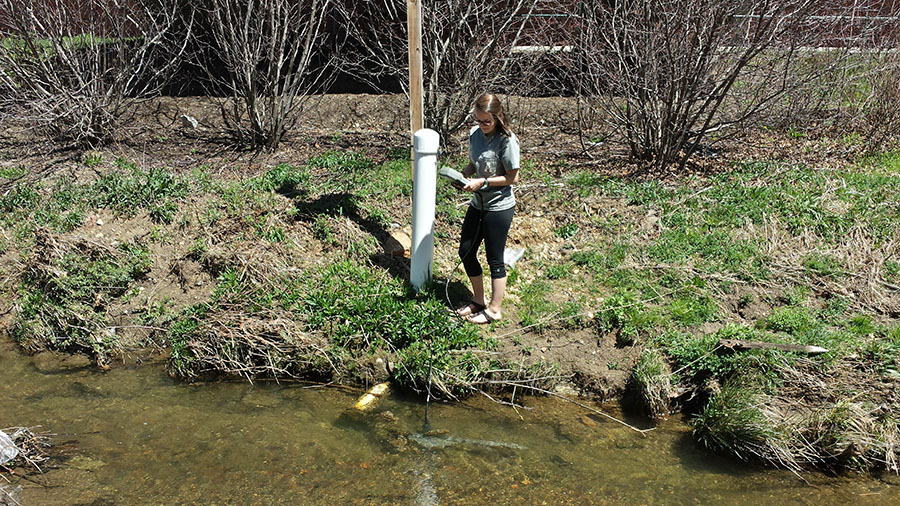

![How NCInnovation Is Rethinking Economic Development in North Carolina [faculty featured]](/_images/_posts/2026/02/rethinking-economic-development-600x400.jpg)









